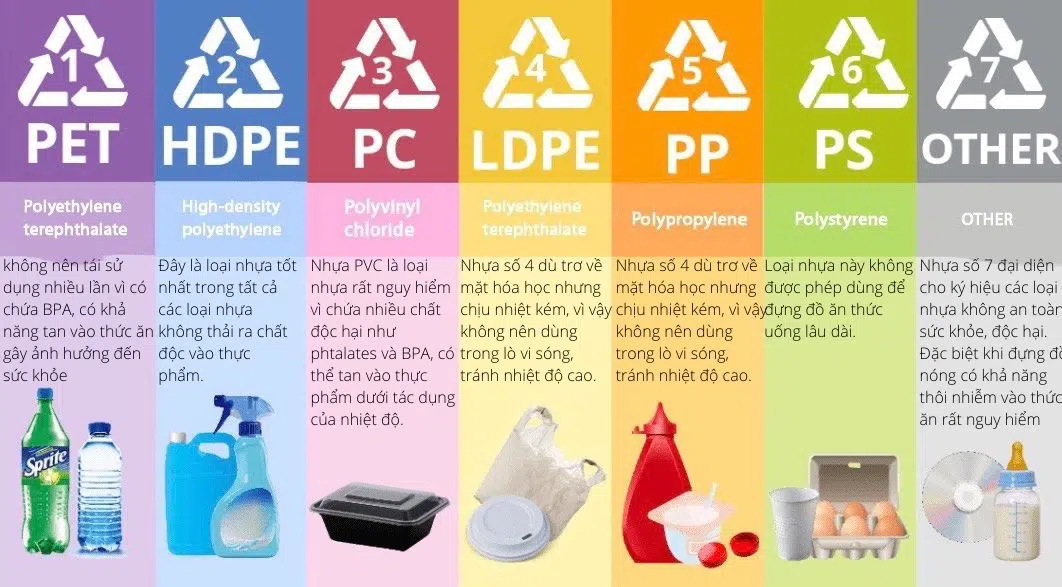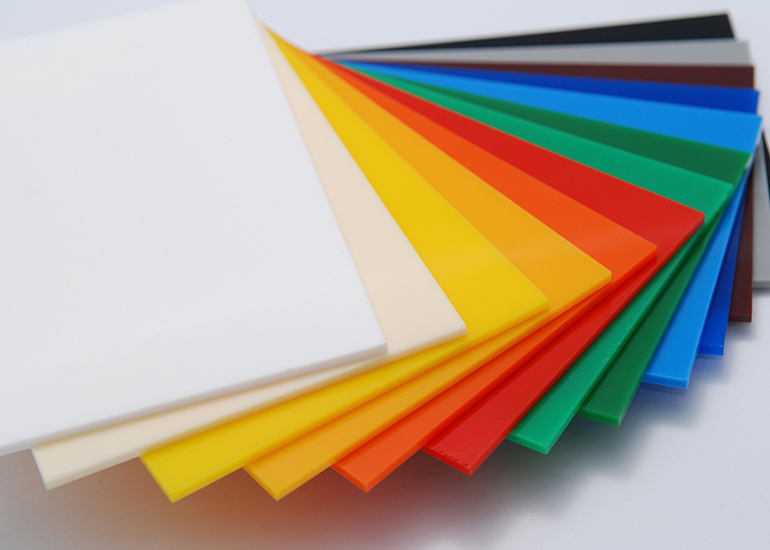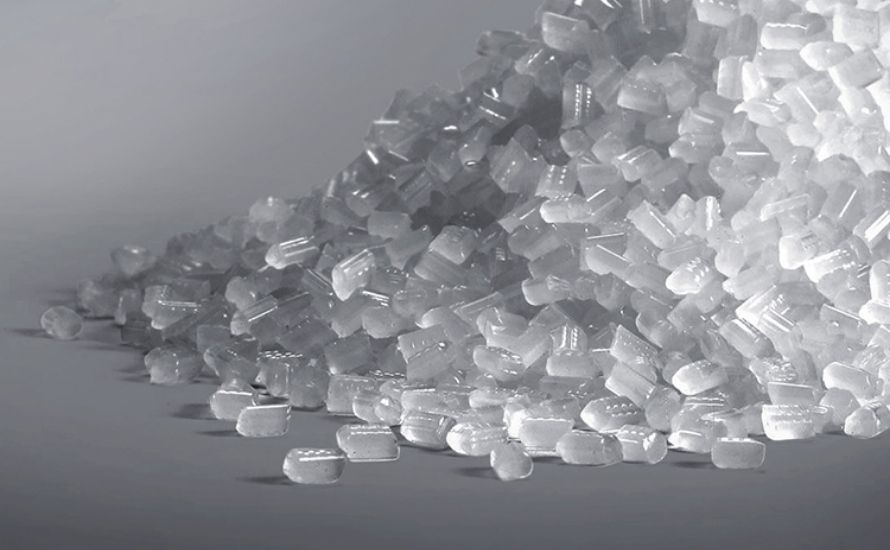Resin pellets are a popular and important type of plastic in production and daily life. In the following article, TAELIM will introduce an overview of this synthetic resin and its classification for you to understand clearly.
What are resin pellets?
Resin pellets are a type of synthetic resin, widely used in both civil and industrial life. Along with other popular plastics such as PE or PVC, resin is considered one of the most important types of plastic. Resin is also known by many other names such as Resin glue or Thai Resin.
Resin exists in three main states: liquid, powder, and solid. Of these, liquid is the most common form and is widely used in fields such as medicine, construction, and art. The solid form of resin is often used in consumer products because it is safe and non-toxic when used under normal conditions. However, a disadvantage of this type of plastic is that it is prone to yellowing when exposed to direct sunlight, making some products not completely popular with consumers.
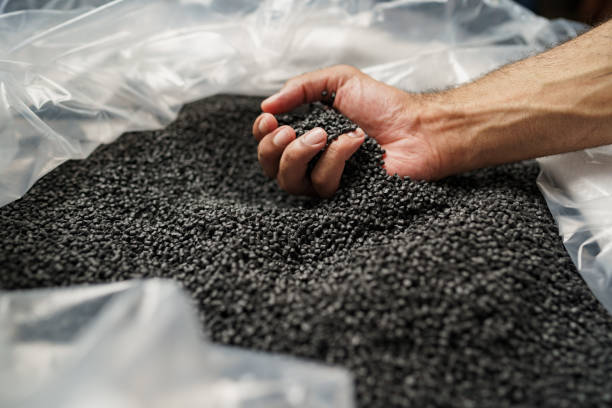
>>> See more: Plastic Pellets – Virgin Plastic Granules With High Applicability
Classification of resin pellets
Nowadays, people divide synthetic plastics into many different types with their own characteristics and applications, specifically as follows:
Epoxy Resin
Epoxy resin, also known as AB glue, consists of two main components: part A (epoxy glue) and part B (hardener). AB glue is a brownish-yellow liquid, odorless and completely pure, with outstanding load-bearing capacity. Thanks to this property, epoxy resin is often used for casting models or as a protective coating for surfaces, helping to effectively prevent abrasion and scratches.

Polyurethane Resin
Polyurethane resin, also known as PU resin pellets, is known for its water resistance, durability and high heat resistance. This type of resin is often used to produce rubber, paint, mattresses, and in the shipbuilding, automobile, etc. industries.
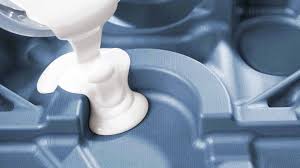
Polyester Resin
Polyester resin is a synthetic resin from Polyester, existing in liquid crystal form with light yellow color and characteristic odor. This type of resin is often used to mold products that require high thickness thanks to its low cost. However, Polyester resin is not resistant to UV rays, so products made from this type of resin often turn yellow after a period of use.
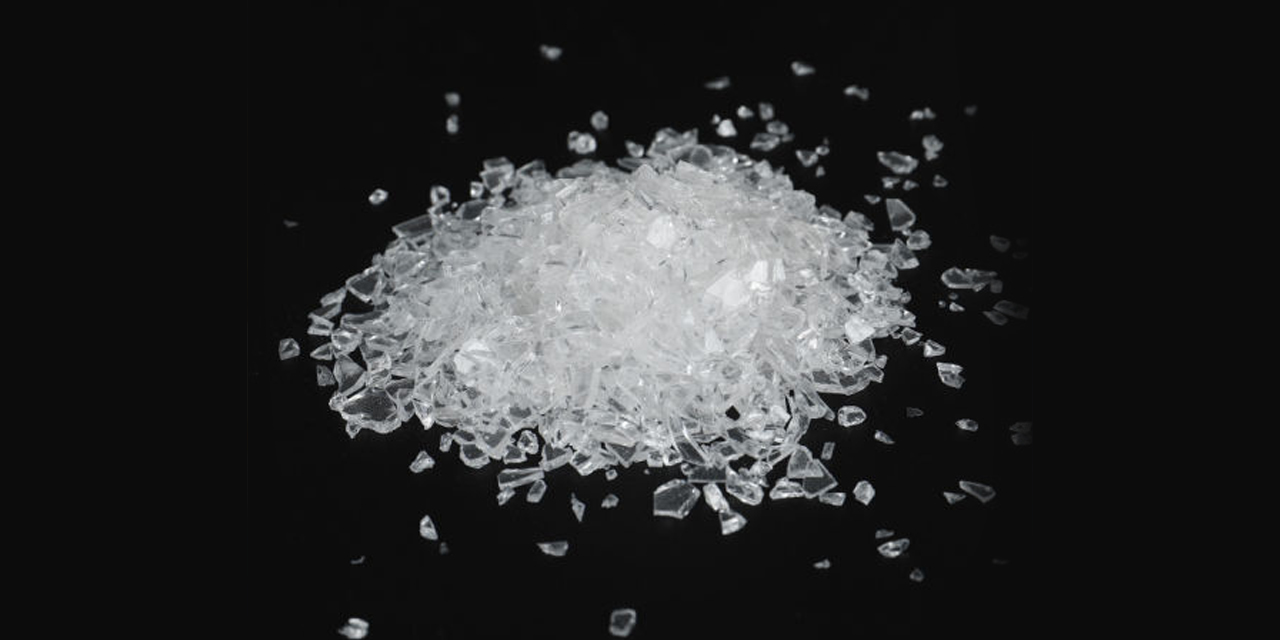
Acrylic Resin Pellets
Acrylic resins are clear or purple in color and are soluble in water. They are divided into three main types: thermosetting, thermosetting, and thermoplastic, each with distinct physical properties:
- Thermoplastic acrylic resin is commonly used to make PU paint for metal, aluminum or plastic.
- Acrylic resin is flexible, easy to work with, durable in physical properties, and is commonly used in interior design and creating watercolors.
- Thermosetting acrylic resin has high hardness and durability, often used as raw material for industrial paint production.

Advantages and disadvantages of resin pellets
Resin pellets are divided into many types, each with its own advantages and disadvantages. Below are the outstanding features of some popular resin types for you to understand:
Epoxy Resin
Advantage:
- Has high transparency, aesthetics and good UV resistance.
- Hardens when exposed to water, creating durability.
- The special structure is suitable for vacuum suction and bonding of different materials.
Disadvantages:
- Prone to scratching after drying due to soft nature.
- The surface is prone to dulling when polished due to its inability to withstand high temperatures.
Polyester Resin and Polyurethane Resin
Advantage:
- When dried, the resin becomes very hard, providing high strength and durability.
- Easily increase the shine of the product by polishing.
- Cheap price, suitable for buying in large quantities and using in molding.
Disadvantages:
- May cause adverse health effects due to chemical reactions during use.
- The hardening time is very fast, only 8-10 minutes, difficult to adjust.
- After a period of use, the product is prone to yellowing and is not suitable for humid environments.
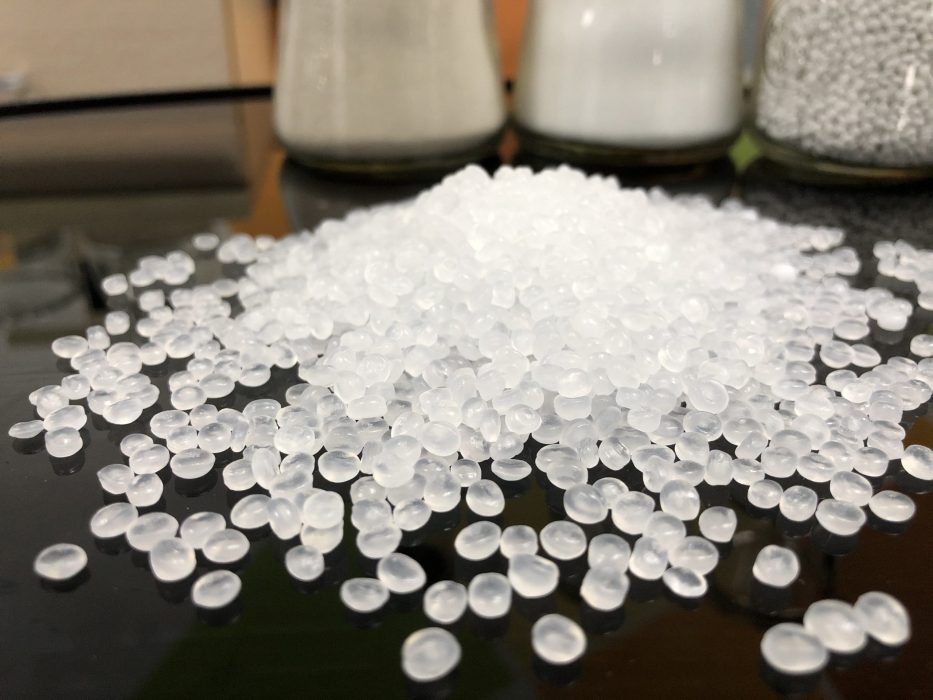
>>> See more: Plastic Pellets Production Process At A Reputable Plastic Granule Factory
Above, TAELIM has provided basic information about resin pellets with many common types and their advantages and disadvantages. Hopefully, through the above sharing, you have grasped basic information about this type of plastic and its applications in life and production.
TAELIM International Transport Company Limited
With the desire to support the development of the plastic industry by providing high quality plastic pellets and services. Taelim Plastic is one of the Vietnamese plastic companies with many years of experience, with a long history of development, specializing in the production, trading, import and export of recycled pellets. By applying advanced technology, meeting European standards with a strict process, we ensure to bring customers the best products and services.
ADDRESS: SH109 Vinhomes Marina, Hai Phong
PHONE: (+84) 9815 888 16
EMAIL: hatnhua.taelim@gmail.com
